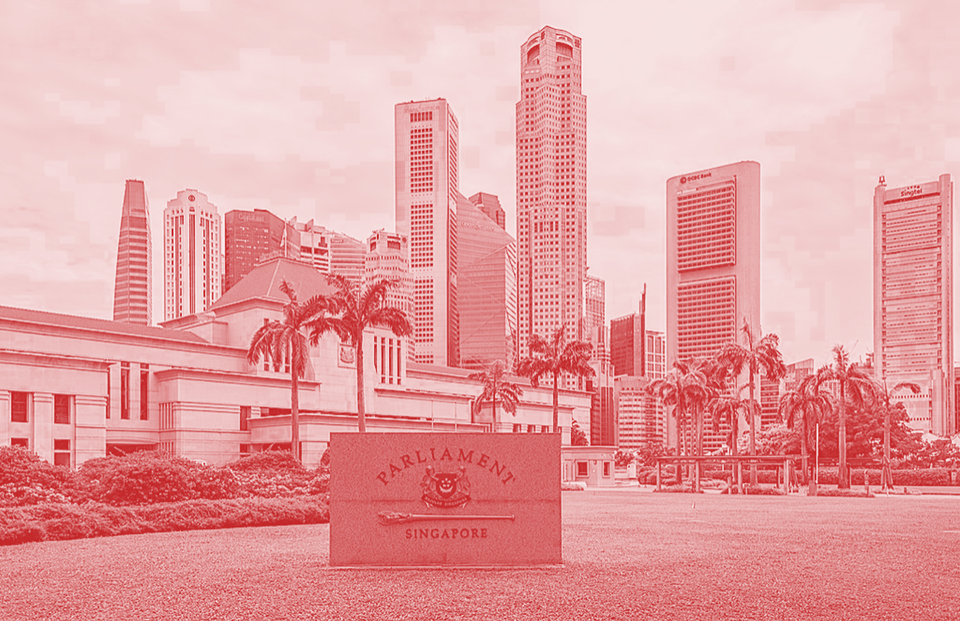Safety tech startups snapped up, DSA gets closer and the problem with recommender systems

Hello and welcome to Everything in Moderation, your weekly missive on content moderation and online safety from around the world. It's written by me, Ben Whitelaw.
A big end-of-the-week welcome to new subscribers from Microsoft, Platformer, ECNL, Shopify, Match, Ofcom, Yale, Linklater and elsewhere.
If today's EiM was forwarded to you, subscribe for free here and if you're not enjoying EiM, feel free to unsubscribe here (I won't be offended). More importantly, if you read EiM every week, why not become an EiM member for a few dollars/pounds (since they're pretty much the same now) a week.
Here's what you need to know this week — BW
Policies
New and emerging internet policy and online speech regulation
Less than a year after European member states agreed in principle on its "ground-breaking horizontal regulations" (EiM #138) and just six months after reaching a provisional agreement on its scope (EiM #157), the Digital Services Act has been approved by the European Council and moves a step closer to becoming a reality. It will now be signed and published in the Official Journal of the European Union (which makes it binding), after which a 15 month countdown begins before it will apply to digital services operating in the Union. So we're looking at around February 2024, as it stands. You've been warned.
